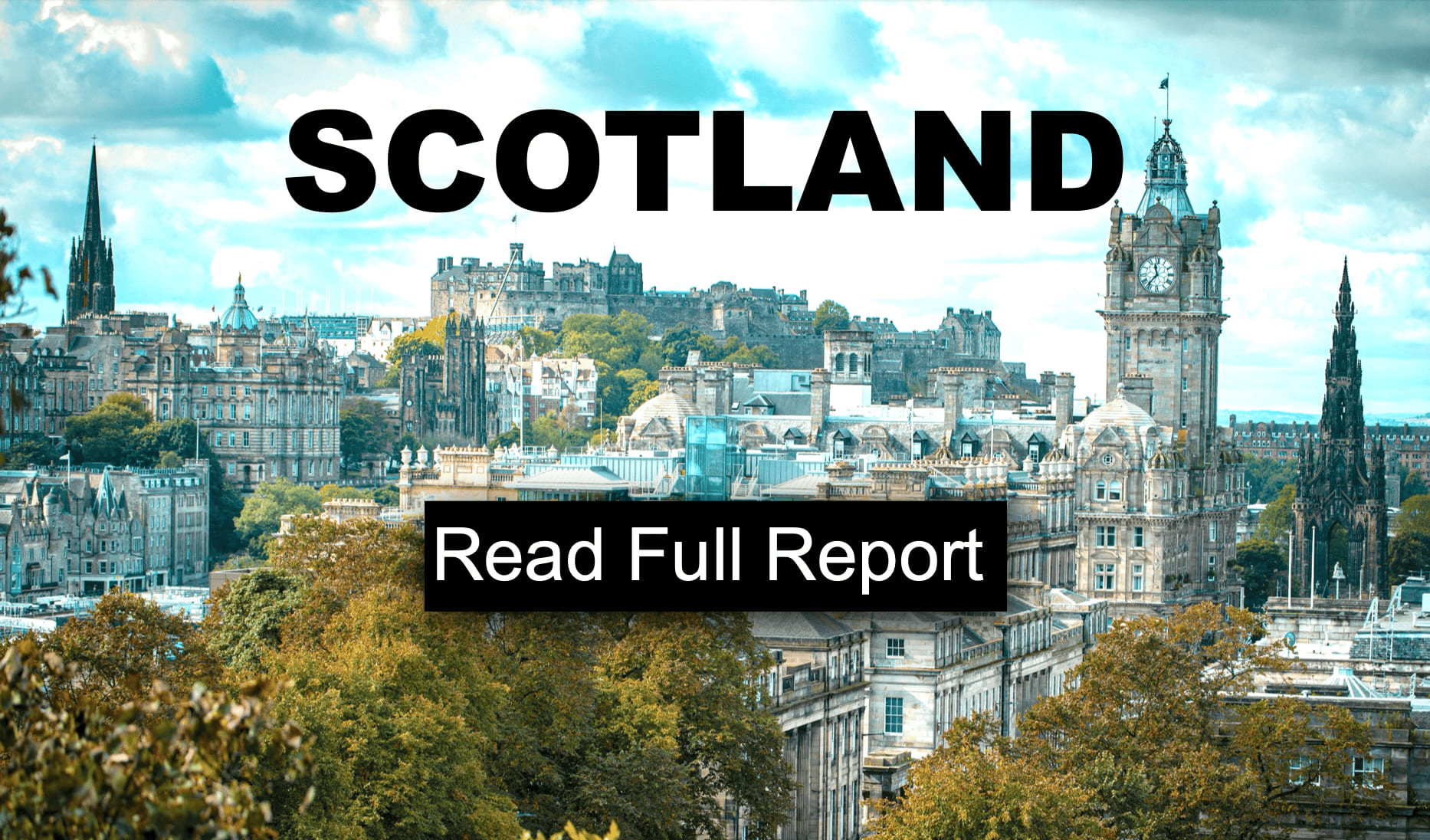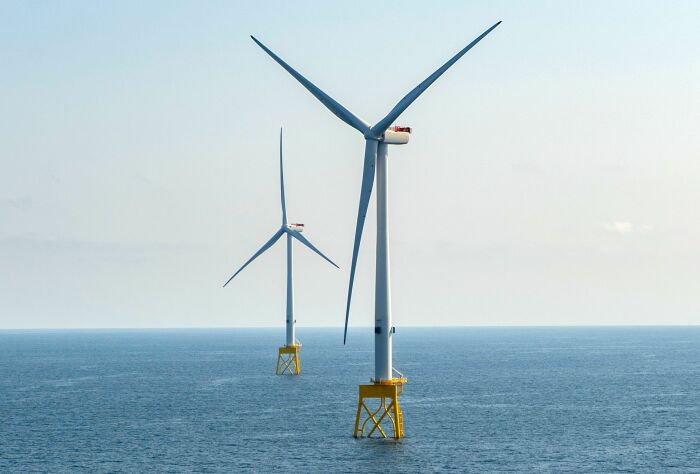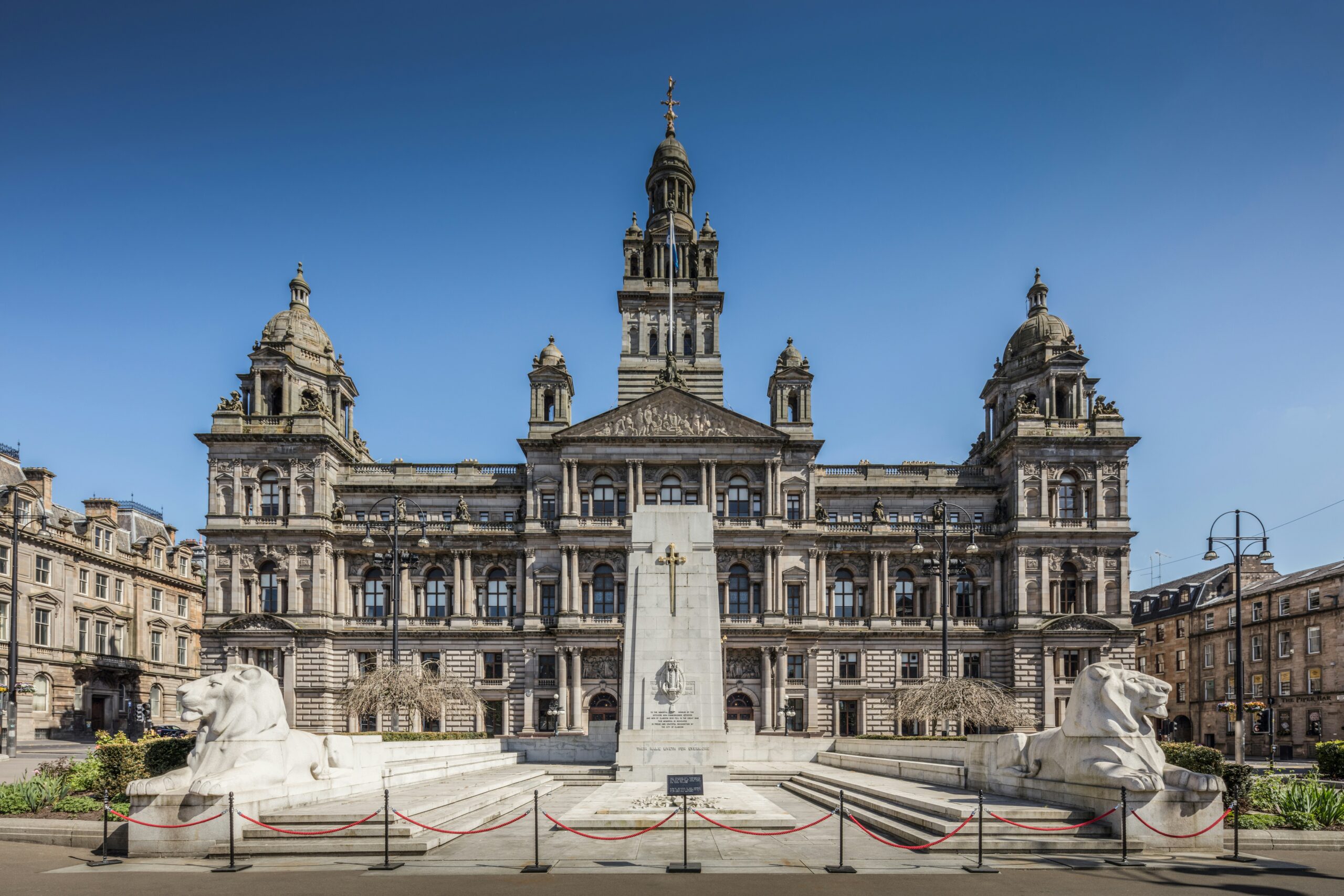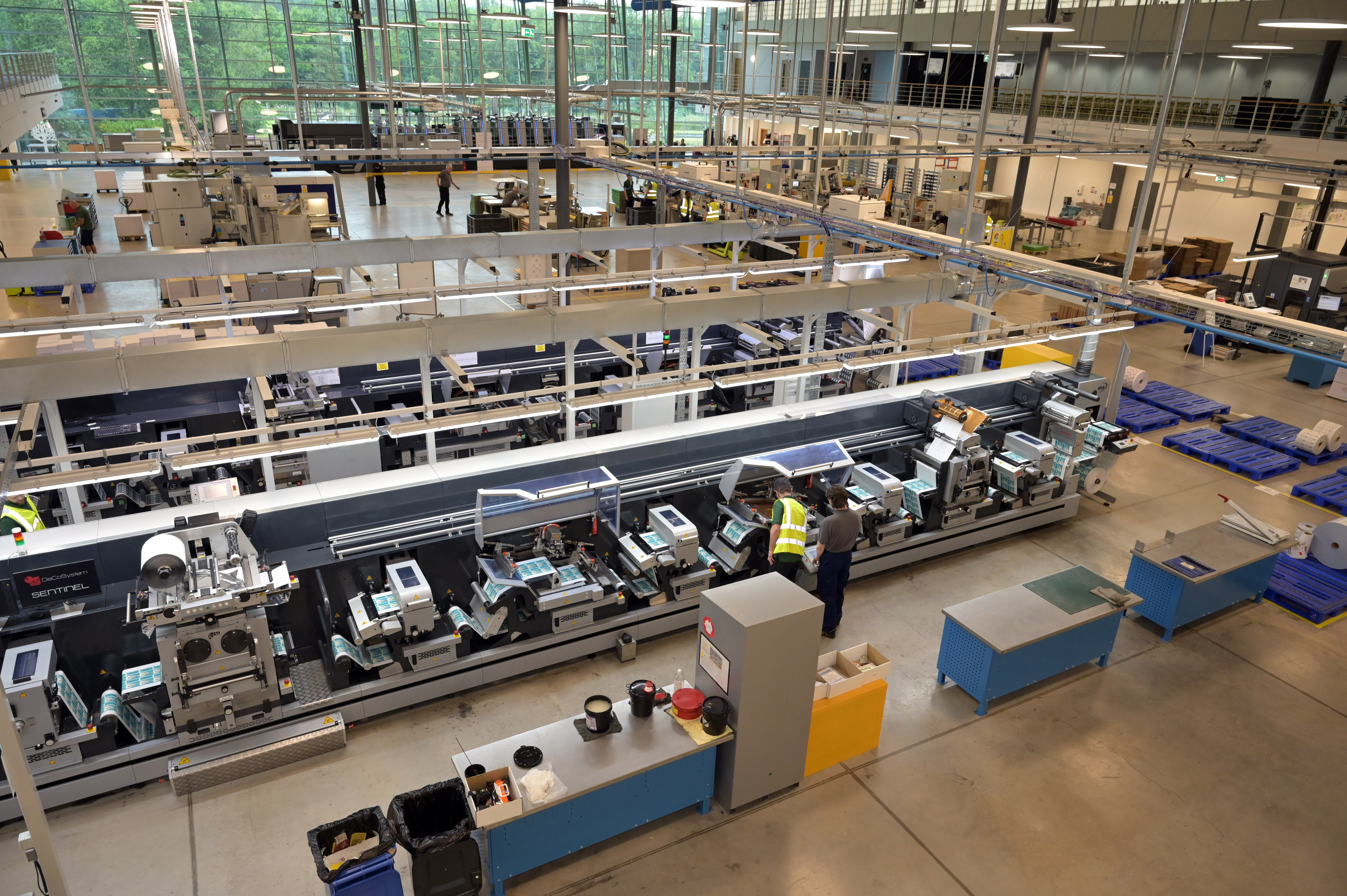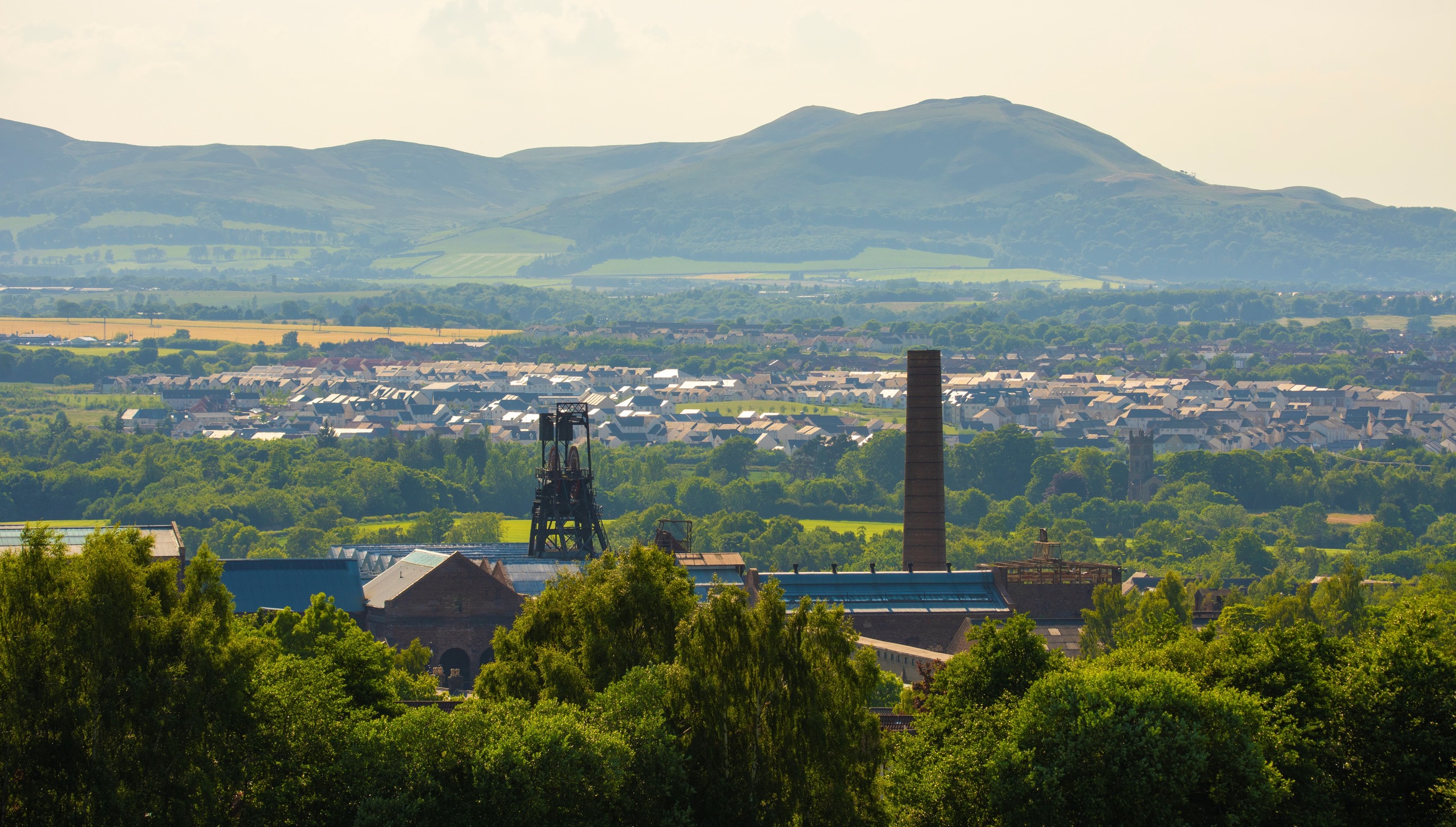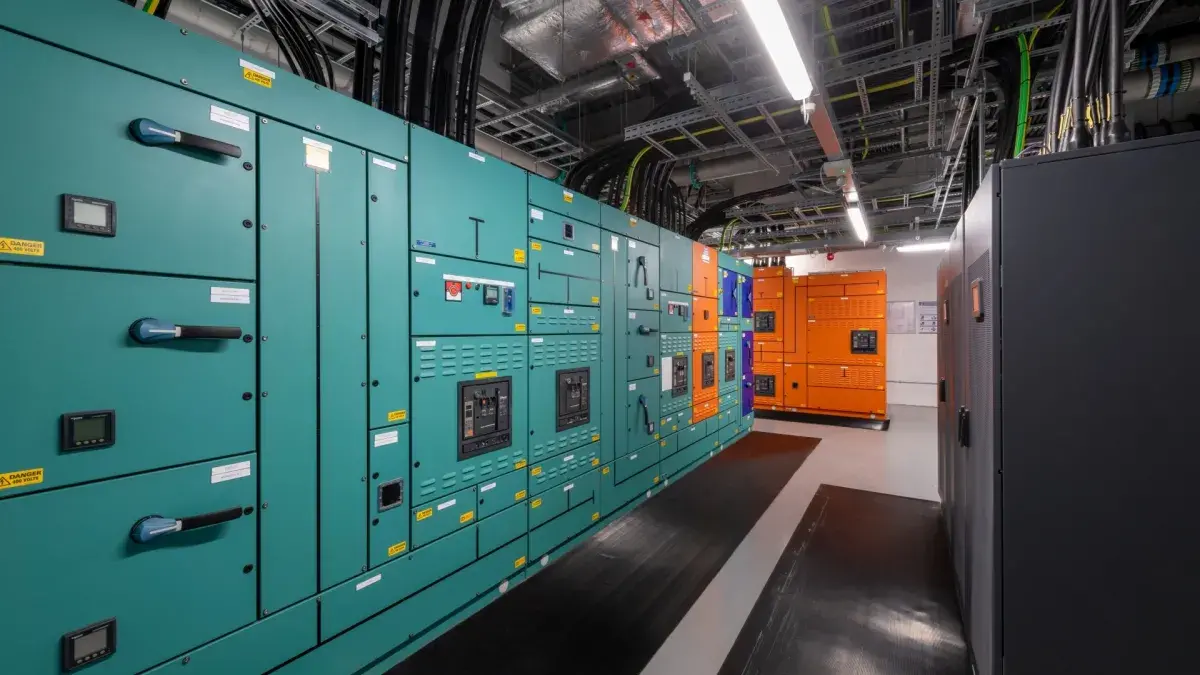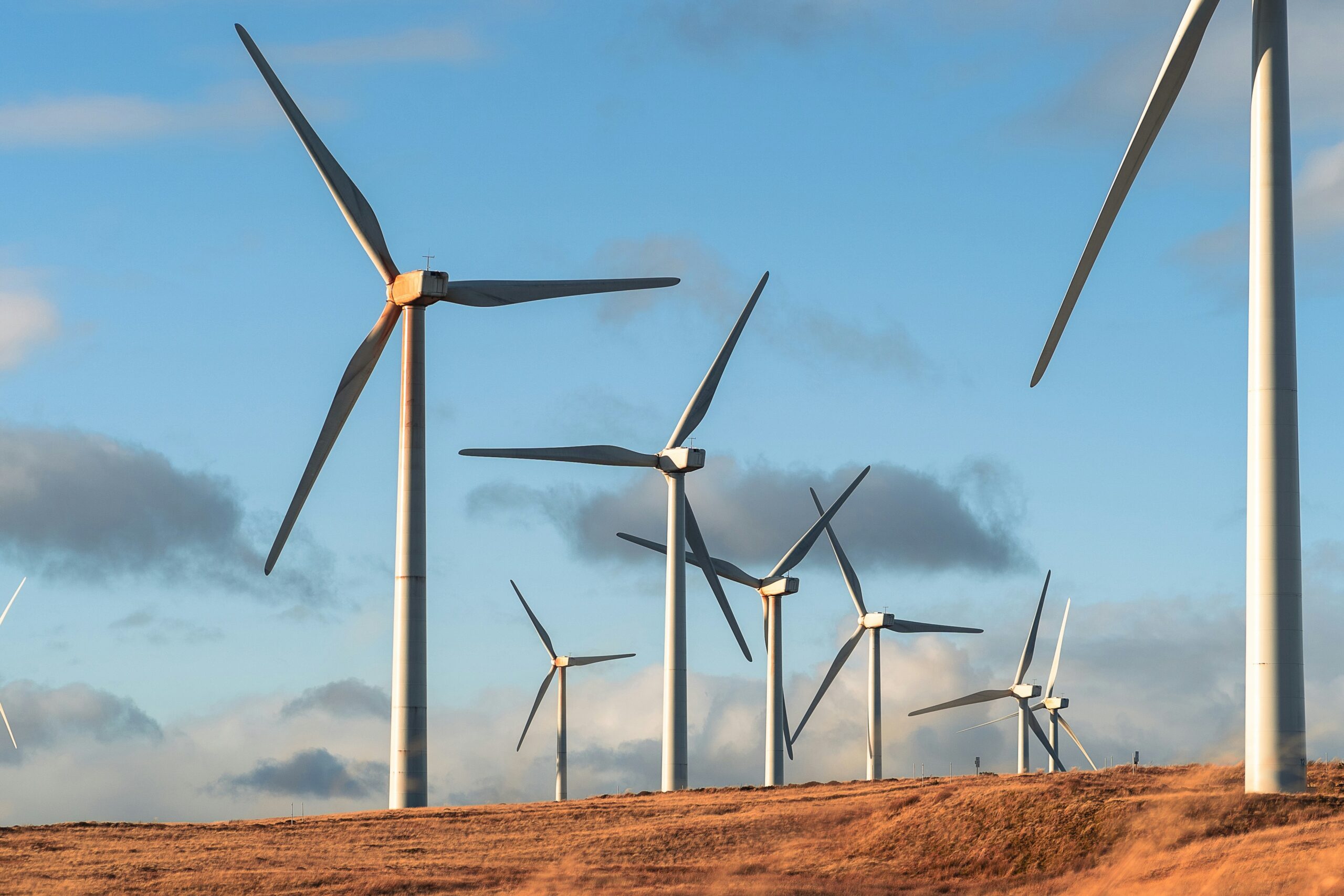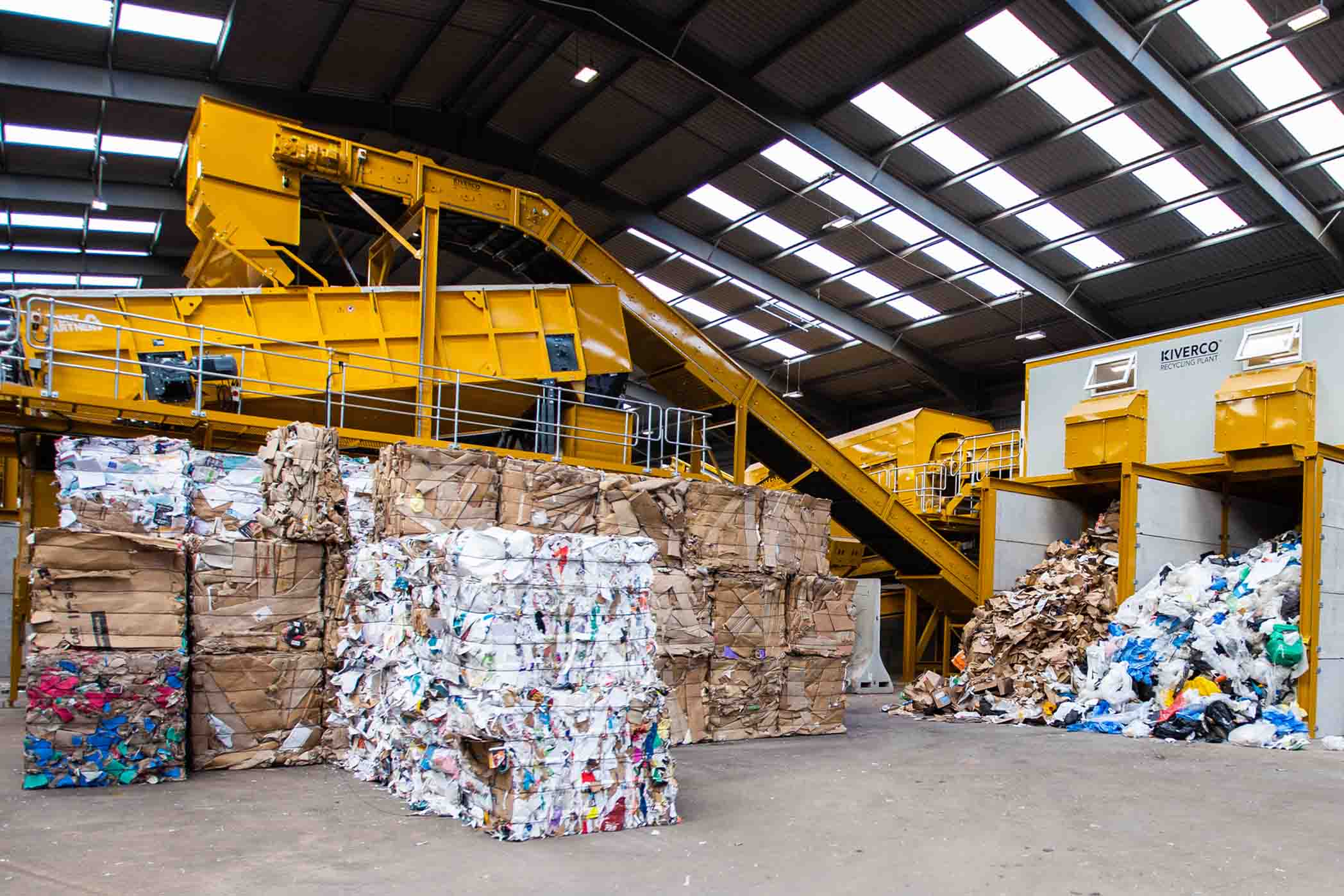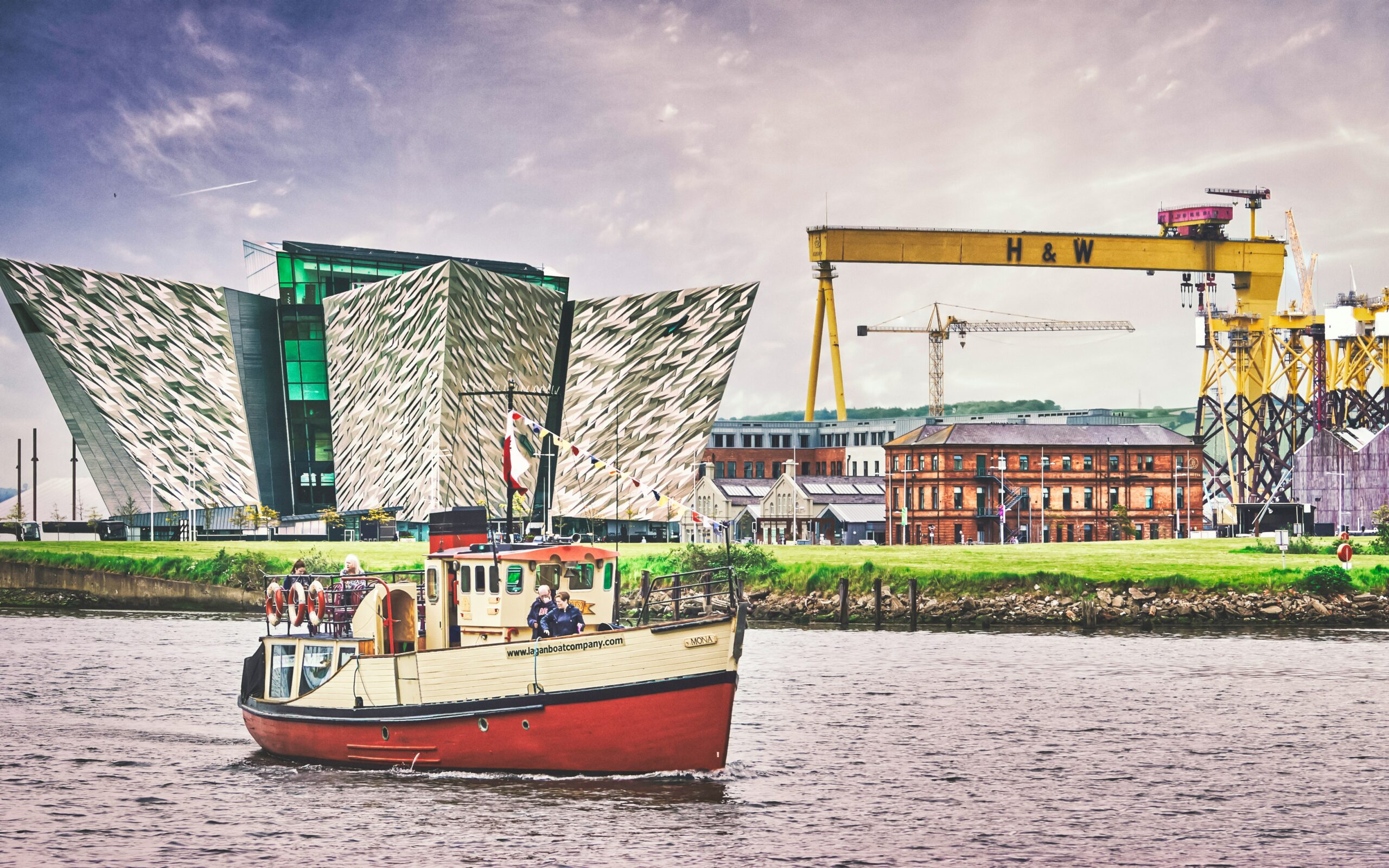
Ireland’s polished business ecosystem caters to foreign direct investment and nurtures innovation.
The global footprint of Irish companies has never been greater
Walking through the cobblestone streets of Dublin, the juxtaposition of modern buildings wedged between historic Georgian brick offices represents the tidal wave of change foreign direct investment has implemented across the nation. Growth is on the horizon, as dozens of cranes continue to soar across the previously low Dublin skyline. With business investment at record levels, the infrastructural development is trying to keep up with the growing population and expanding economy. A decade after its financial crisis, Ireland has resurged with phenomenal economic recovery, retaining a strong globalized business model with foreign direct investment (FDI) as a key pillar. The global footprint of Irish companies has never been greater, and the levels of FDI have skyrocketed.
With companies like Google, Facebook and Amazon basing their European headquarters in Ireland, US multinationals are flocking to the country. Ireland offers guaranteed access to EU markets, and an innovative, talented, English-speaking workforce. Additional attributes include an attractive corporate tax rate of 12.5%, an exceptional FDI track record, a high quality of life, a pro-business environment, and competitive investment incentives. Ireland’s workforce ranks at the top of investor’s ‘wish lists,’ with the skilled labor force of 25-34 year olds with higher level education 10% above the OECD average. A. This workforce contributes to Ireland’s ranking as one of the top ten most innovative countries in the world. According to the 2019 Index of Economic Freedom, Ireland is ranked second among the 44 countries in Europe. Ireland’s economic fundamentals are further secured by sound property protection rights and an independent judiciary. All encompassing, Ireland’s performance as a hub for FDI is unrivaled.
Danny McCoy, CEO of Ibec, Ireland’s largest lobbying group representing Irish business domestically and internationally, stated, “Ireland is a frontier resource economy and has been uniquely placed to benefit from the global trend towards the alignment of corporate taxation with substance. Ireland’s
12.5% corporate tax rate has become iconic. Ireland is a global leader in receiving corporate balance sheet movement resulting from the OECD corporate taxation initiative on Base Erosion, Profit Shifting (BEPS). The main competitor for these movements was the UK, but with the uncertainty surrounding Brexit, Ireland’s corporate balance sheets increased by 40% and GDP increased by 34% in a single year (2015). This is the modern day equivalent of an oil find, though in this case it’s intellectual property embedded in corporations. For Ireland this is not just about tax strategy, but also about the common law legal system, cosmopolitan, English-speaking society, along with being anchored in the EU. When the opportunity arose, we won, and we won big.”
Irish-American relations remain strong, and the US is set to sustain its position as the largest external investor in Ireland. US investment in Ireland surpasses American investment in the BRIC countries combined, and across South America, the Middle East, and Africa combined. More than 700 US companies operate in Ireland, employing over 150,000 people, and indirectly 100,000; accounting for 20% of total employment. US investment in Ire- land accumulates to 446 billion dollars; 67% of all FDI in Ireland. Also, Ireland has been the greatest beneficiary of profit shifting by US companies, which has been a topic of controversy.
Nonetheless, Ireland continues to be ranked as one of the best countries for business, not just for large multinationals, but also for startups. With the prospect of Brexit looming, Ireland has become even more attractive with its stability, commitment to the EU, and likelihood to become the only English-speaking country in the EU. In a post-Brexit world, Ireland will also be the largest common law jurisdiction in the EU. Ireland has won more than 80 Brexit related FDI projects since the June 2016 referendum.
Martin Shanahan, CEO of IDA Ireland, the agency responsible for attracting inward FDI, said, “Ireland continues to be ranked amongst the top countries in the world to do business. We are placed seventh most competitive country in the world and second most competitive in the EU, according to IMD 2019 rankings. Our value proposition remains strong, helping us to achieve record levels of investment. FDI contributes significantly to the economy and accounts for 67% of all export trade. Maintaining and improving competitiveness as the economy grows is key in continuing to attract foreign direct investment.”
However, these investments are not a one-way street. Ireland is the ninth largest investor in the US. Irish companies are responsible for employing over 100,000 people across the US in 800 companies, and the US is the second largest single market for Irish companies.
Julie Sinnamon, CEO of Enterprise Ireland, the government agency responsible for aiding Irish companies to develop and grow in world markets, stated, “Our exports are the highest in the history of Enterprise Ireland. We have a target to grow exports outside of the UK by 50% by 2020. Brexit will have an impact, but we are focusing attention on diversifying and working on innovation and competitiveness. 85% of companies have action plans around Brexit, and the confidence of companies developing exports outside of the UK is expanding. Enterprise Ireland has established over 60 offices inside of the US, and last year alone we had 60 companies gain a US presence.” Despite the Irish economy experiencing impressive growth, challenges remain. As a relatively small, open economy, it has stood the test of time with global fluctuations. However, the banking system still has large property mortgage arrears and impaired loans, and the government debt is high. The nation also faces socioeconomic development challenges, making it a victim of its own success. The infrastructure is lagging behind. Danny McCoy, CEO of Ibec stated, “Our projection for the economy is to continue to grow, and most of our challenges will be internal rather than external. The bigger issue for Ireland right now is how to handle the wealth and scale of foreign investment that is already here.”
Under the National Development Plan 2018-2027, 116 billion euro will be allocated for public infrastructure and capital works, with priorities including housing and sustainable urban development, national road network, sustainable public transport, enterprise, skills and innovation capacity, and climate action.
For a relatively small country with a population under five million, Ireland has punched well above its weight. During a diplomatic visit to the US earlier this year, Irish Prime Minister Leo Varadkar said, “Irish investment in the US is increasing year-on-year and is now at an all-time high. The scale and diversity of this investment is indicative of the strength of the partnership between our two countries.”
Inward investment is equally impressive, as Ireland has attracted 7 of the top 10 global software companies, 14 of the top 15 medical technology companies, 19 of the top 25 financial services companies, and 10 out of 10 of the top pharmaceutical companies. Furthermore, Ireland is poised to become a world leader in Big Data, the Internet of Things, ICT, cloud computing, health innovation, and energy efficiency. Although risks remain associated with global trade wars, Brexit, and the disruption of key sectors internationally, Ireland has a dynamic future. The Central Bank of Ireland predicted a GDP growth of 4% for 2019. Ireland’s robust domestic economy provides a level of security against a potential global slowdown, and the country’s global footprint will continue to flourish. ■

